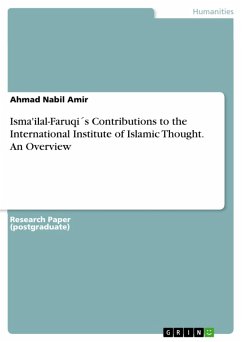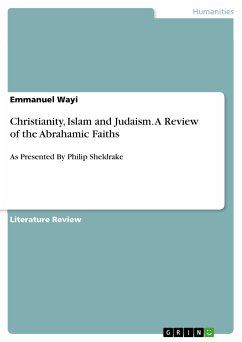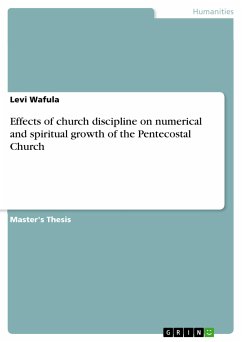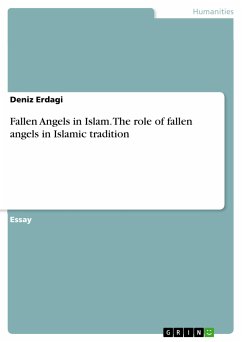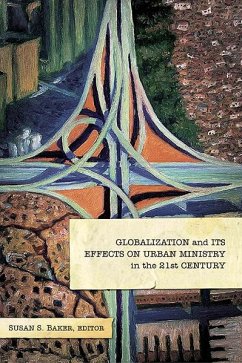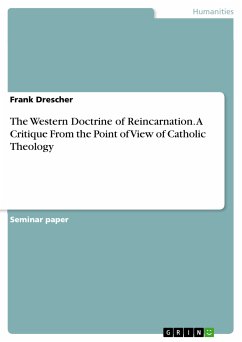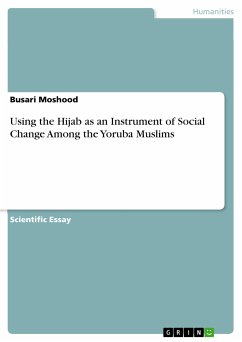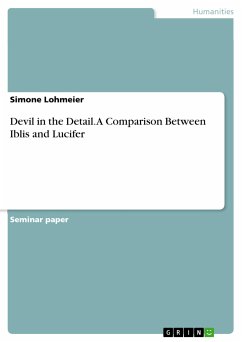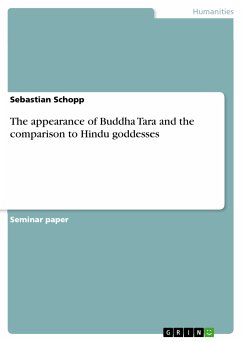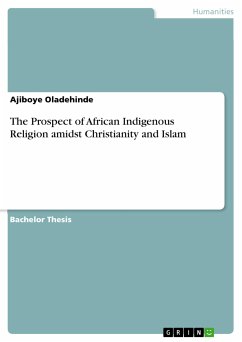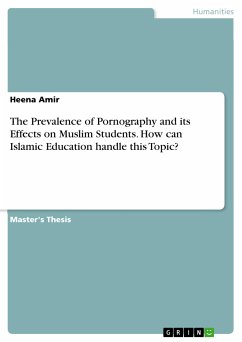
The Prevalence of Pornography and its Effects on Muslim Students. How can Islamic Education handle this Topic? (eBook, PDF)
Sofort per Download lieferbar
Statt: 42,95 €**
29,99 €
inkl. MwSt. und vom Verlag festgesetzt.
**Preis der gedruckten Ausgabe (Broschiertes Buch)
Alle Infos zum eBook verschenkenWeitere Ausgaben:

PAYBACK Punkte
0 °P sammeln!
Master's Thesis from the year 2019 in the subject Theology - Islamic theology, grade: 65, Newman University, course: Islamic Education, language: English, abstract: The purpose of this study was to explore the prevalence of pornography, its effect on Muslim students, and how this can be dealt with accordingly. The mix-methods research (interview: case study and survey: numerical data) shows that both male and female view pornography regardless being aware of the prohibitions, resulting Muslims to likely engage in maladaptive behaviours such as pornography that slowly affects their spirituality...
Master's Thesis from the year 2019 in the subject Theology - Islamic theology, grade: 65, Newman University, course: Islamic Education, language: English, abstract: The purpose of this study was to explore the prevalence of pornography, its effect on Muslim students, and how this can be dealt with accordingly. The mix-methods research (interview: case study and survey: numerical data) shows that both male and female view pornography regardless being aware of the prohibitions, resulting Muslims to likely engage in maladaptive behaviours such as pornography that slowly affects their spirituality, religiosity, and wellbeing. The study, therefore, suggests alternative awareness curricula and an up-to-date Islamic therapy to support Muslims to overcome the struggles of the contemporary era that welcomes explicit sexual and pornographic practice that is often too tempting to resist. So, dealing with pornography in accordance with today's context perhaps will diminish the statistical rate of Muslim pornographic consumers. There is great importance in dealing with emerging problems such as pornography, determining its negative impact and its consequences on Muslims in their daily life. Based on this, the research investigates whether the classical texts of Islamic scholarship adequately respond to the emerging questions of the modern society with regards to pornography and whether the institute of Islamic education can more precisely tackle its impact on Muslims. In this regard, the research tries to answer the following direct questions: What are the efforts of Sunni Shari'ah scholars and teachers to make awareness of the negative implications of pornography as articulated in classical and modern Islamic scholarships? What are the implications for Muslims by watching pornography? The classical scholarship (Qur'an and Hadith) offers an opportunity to speak about sex-related topics. Whereas in the contemporary era, modern Islamic scholarships (fatwas) mostly contain copied information from classical texts based on limited solutions. Shari'ah scholars and Muslim teachers use fatwas to tackle porn addiction whilst not being productive in spreading awareness of pornography that could fit within the Islamic educational studies. Failure in providing solid Islamic pornographic rehabilitations and disfavouring to speak openly on pornography does not stop the prevalence within Muslim communities.
Dieser Download kann aus rechtlichen Gründen nur mit Rechnungsadresse in A, B, BG, CY, CZ, D, DK, EW, E, FIN, F, GR, HR, H, IRL, I, LT, L, LR, M, NL, PL, P, R, S, SLO, SK ausgeliefert werden.




